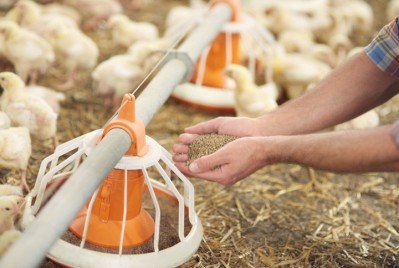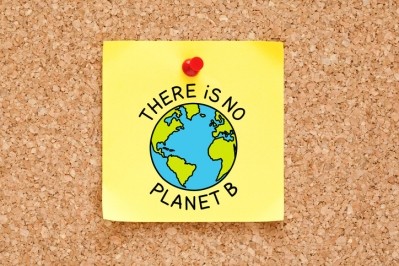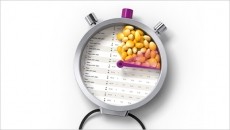The year ahead for the EU feed sector: Environmental footprinting, feed fraud controls, soy sourcing, and myth debunking

We asked Nick Major, president of the EU Federation of Feed Manufacturers (FEFAC), to outline the priorities for that organization in 2020. Communicating about the environmental performance of feed, he said, will be a top priority.
This coming year, the European feed industry needs to be paying very close attention to what is coming out of Brussels given the new European Commission and its high ambitions in terms of sustainability, he said. The publication of the EU Communication on the European Green Deal on December 11, 2019 shows the topic of environmental sustainability will be higher on the political agenda than ever; that Communication has provided a trajectory for proposals in 2020 and beyond, said Major.
The EU Farm to Fork Strategy is expected to be released in spring 2020 and will address the topic of sustainable food systems. The feed industry will need to do a better job than ever of explaining how and why it is part of sustainable food production, to the benefit of the positioning of livestock farming and animal product consumption, said the FEFAC lead.
"We are sure this Farm to Fork Strategy will touch on emissions related to animal products, as part of the discourse on sustainable diets and giving environmental performance information to consumers. Fortunately, we had seen the political desire for environmental footprinting coming years ago, and, as such, we developed the PEFCR Feed for Food-Producing Animals as a methodology for how to measure the environmental performance of compound feed manufacturing. In 2020, FEFAC will invest in making the implementation of the PEFCR Feed more accessible, as we know that companies struggle to make this work in practice."
Deforestation-free supply chains
Also expected in 2020 is a new EU Commission assessment of regulatory and non-regulatory options to establish ‘deforestation-free supply chains’, particularly in the field of commodities such as soy, he said.
"The EU institutions are looking quite aligned in their ambition, meaning it is not a question of whether we’ll see new legislation being proposed, but [more about what form it will take].
"FEFAC welcomes such assessment and we will have to look carefully at what it would mean for our soy sourcing supply chain. The FEFAC Council recently endorsed the ambition to update the FEFAC Soy Sourcing Guidelines this coming year; they were first published in 2015."
FEFAC Congress
On June 4, 2020, FEFAC will host another FEFAC Congress, this time out in Antwerp, it is co-organized by the Belgian Feed Association (BFA).
"The core theme of the XXIX FEFAC Congress will be sustainability - we will be launching the FEFAC Feed Sustainability Charter 2030 at the event. This Charter will contain key ambitions for the European feed industry in the area of sustainability, highlighting our contribution to societal challenges."
Feed fraud
Combating food fraud is among the top priorities of the Farm to Fork strategy and this does not concern food only. Adulteration of feed is also a potential issue [with challenges] around strain specific authorization of feed additives produced by fermentation, said Major.
"The feed industry needs to be part of the upcoming discussion on criteria for the identification, qualification and management of fraud in the feed and food chain. Cooperation between industry and authorities will be essential to tackle this issue in an effective way."
EU MRLs on pesticides
In terms of pesticides, 2020 will see the end of the authorization of several products, as the EU hazard-based policy is applied, and the maximum residue limits (MRLs) for these substances is revised.
"The ability of the chain to comply with these new limits, while maintaining EU strategic access to essential feed materials on the global market, will be challenging."
#Meatthefacts initiative
FEFAC was part of the recent flash action in Brussels in front on the EU Commission in support of livestock farming and meat consumption:
"Together with our livestock chain partners in this communication initiative, we are committed to continue campaigning in 2020, looking for new opportunities to counter the misinformation published about meat and livestock production."














